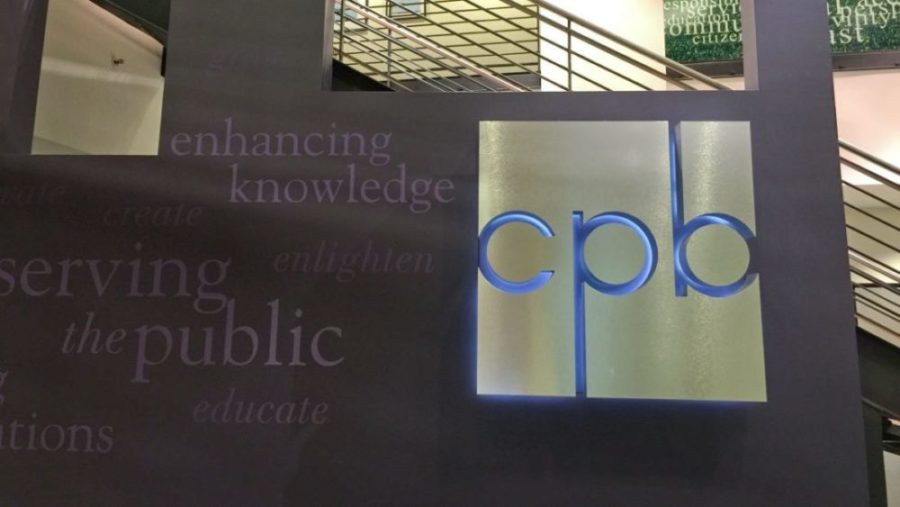Friday roundup: Indies chime in on minority consortia; web audience drops for pubradio stations
• A group of independent filmmakers wrote an open letter this week to CPB about an upcoming review of the National Minority Consortia, the six organizations that produce films and other programming targeting people of color. “As the review process goes forward, we encourage CPB to acknowledge the extraordinary contribution of the existing members of the Consortia, which are working under tremendous financial constraints,” members of the Indie Caucus wrote. Earlier this year, CPB began looking for a consultant to assess the impact of the consortia “and the efficiency of their operations, with a goal of providing the best possible content and services to the American people.”
• Total listening to public radio station streams grew 9 percent from the third quarter of 2013 to Q3 2014, but cume audience dropped 5 percent over the same period, according to new Triton data from NPR Digital Services. “While it’s terrific that our existing audience is streaming a bit more often, it’s worrisome that we’re not seeing real audience growth, especially given all the research that shows listening is shifting more and more to digital,” writes Steve Mulder, director of user experience and analytics for NPRDS, in a summary of the findings.
• Bill Siemering, the first director of programming for NPR, talked with Swarthmore College’s Daily Gazette about his start in radio and what makes the medium unique. “[I]t was always hard to make a case for radio, somehow. People just wouldn’t pay attention to it,” he said. “[…] I was just showing that radio is live, it’s curious, it’s dealing with both arts and news. And so those are some of the elements that went into All Things Considered later.”
• The annual Public Radio Super-Regional meeting is underway this week, and it kicked off Wednesday with a session by news industry analyst Ken Doctor. Doctor’s argument that public radio should pursue local news doesn’t sit right with consultant John Sutton, who responded to Doctor’s recommendations on his blog. “Putting too much local content into today’s service is the same problem as trying to have NPR News, Classical, Jazz, Folk, and 8 others types of programming on a single station,” Sutton writes. “It works against the principle of focusing formats based on the appeal of the content.”





